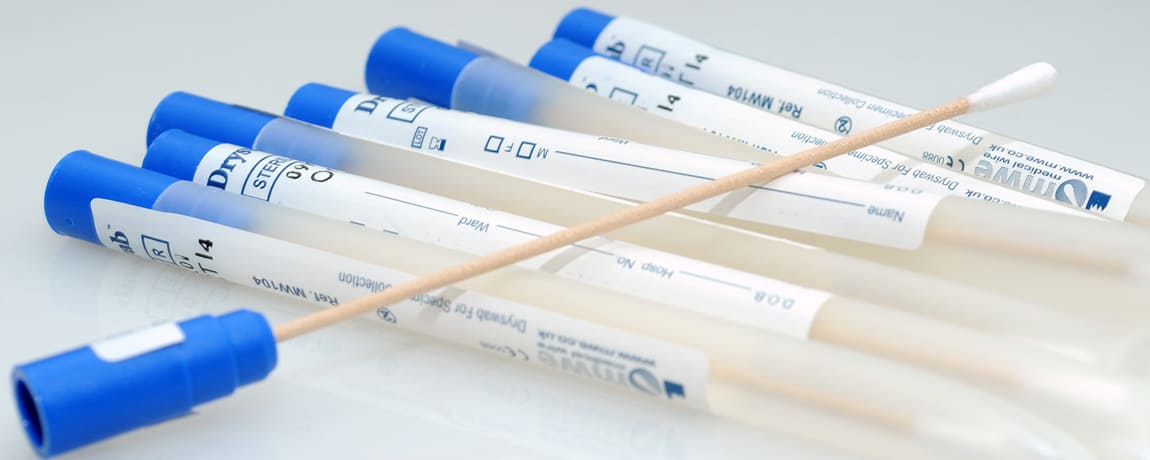The Forensic Services division of the VIFM provides high-quality specialist medical and scientific services to support the justice system. Its forensic experts work in the fields of pathology, mortuary science, clinical forensic medicine, toxicology and molecular biology (DNA). The division produces over 40,000 forensic reports each year and this workload is increasing with the growing Victorian population.
The Forensic Services division works with a range of justice agencies providing forensic evidence to police, legal practitioners, courts and tribunals. The forensic reports they produce directly enable government organisations and agencies including the police and our courts to deliver justice services for Victoria where complex medical and scientific issues are at stake. Our doctors, nurses and scientists also actively carry out innovative forensic research that is published in the international scientific, medical and legal literature and is widely referenced in court. As forensic medical and scientific leaders, they are frequently invited to speak at conferences and training seminars.
To ensure the quality and reliability of this work our forensic laboratories and individual staff members are subject to both internal and external assessments. In addition, our Quality management unit ensures that our forensic medical and scientific services meet the National Association of Testing Authorities (NATA) requirements.
Many of our senior staff are also accredited NATA assessors and undertake assessments of other forensic laboratories, an indication of their high professional standing within Australia.
